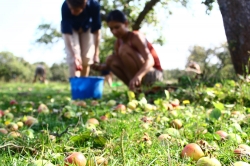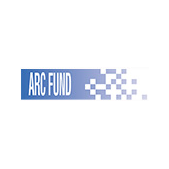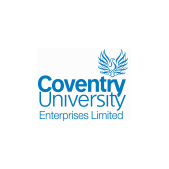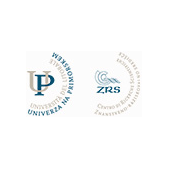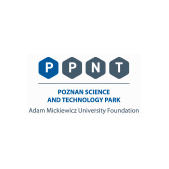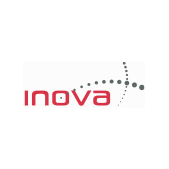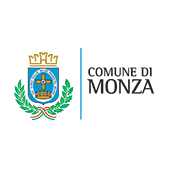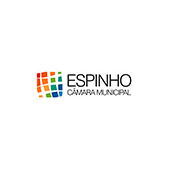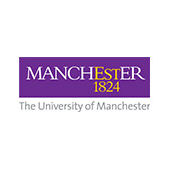The image rights belong to mundraub.org.
In the last years or even decades, problems of climate change and uncontrolled resource consumption have become obvious. Negative consequences of the lifestyle from industrial and emerging nations have become visible and are likely to increase in the future. A major change is necessary to contain problems and to avoid further damages. When thinking about a transformative change that affects whole national and international systems, the important role of civil society should be acknowledged. During the past few years, many bottom-up civil society initiated projects emerged. Many of them do fall under the umbrella term of sharing economy. They are examples for ongoing developments that can lead to a more sustainable lifestyle. Different ideas and – at the beginning – small projects, that spread all over the world using new (digitalisation) and old (word-of-mouth recommendation) ways of communication, can affect the change or the implementation of new infrastructures, production processes, lifestyles and regulatory systems.
The project “Mundraub.org” (www.mundraub.org) (“Mundraub” is the title of an old law for theft of comestibles for personal consumption) is such a small project. At present the website is used by 30000 people (January 2016). The initiative is mainly located in Germany but has also been diffused outside Germany.
The idea of “Mundraub.org” is to tap potentials of food obtainment in urban spaces. It does so by valuing and farming regional available goods such as disregarded crop resources in public space, fruit trees, nut trees, berries or herbaceous plants. A digital open-access online geographical map locates the available goods. All community members can access and contribute to the map. This way knowledge is exchanged between members and visitors. Furthermore, “Mundraub.org” offers activities like tours or harvest camps and participating people share traditional recipes and preparation methods.
The founders of “Mundraub.org” discovered many unused fruit trees and other crop resources in urban and rural environments, which were not harvested by their owners so that fruits and other foods got wasted. Simultaneous, a critical discussion about the overuse of agriculture spaces and the environmental impacts of conventional food cultivation took place. Trough regional and seasonal food consumption, resources and energy for costly transportations and warehousing can be saved. In addition high area requirements and the high use of fertilisers and pesticides can be reduced by using existing resources or developing new ones in urban spaces.
The project’s objectives are using existing resources, saving energy and resources, and therefore indirect reducing emissions. Through knowledge and information sharing, community building, participation in urban development, and improvement of life and housing quality, the concept is appealing for lots of people. The idea of “Mundraub.org” is also linked with different lifestyle trends and routines, which are positively valued. Examples are closeness to nature and possibilities of self-sufficiency, in conjunction with the improvement of quality of live in urban areas – which could also be found in trends like “urban gardening” and others. Harvesting and preparing natural (raw) food is also a central theme in the “slow-food” movement and can be observed in the increase of food-blogs and trends like “clean-eating”, which deals with (raw) food and its preparation in a conscious manner. Through the “Mundraub.org” project, positively valued aspects like closeness to nature, greening and improving the living environment, the debate on and preparation of food as pleasure, nostalgia and community are linked with a sustainable lifestyle. Thereby, lifestyle change feels easy: people do something enjoyable and maybe turn to a sustainable lifestyle in the long run as a personal advantage. That way, effective and persistent changes of consumption patterns leading to a more sustainable future lifestyle can be the result.
So if you didn´t discover it yet: Try out the “Mundraub.org” project or some of the many available alternatives of participating in a “green lifestyle” and sharing (economy). Meet other people and find out how it feels to contribute to a more sustainable world. Which lifestyle changes and new consumption patterns are suitable or actually enjoyable for you?
For a short description of the project in English: http://mundraub.org/presse
Relevant themes:
Public participation, Resource efficiency, Environment
Relevant tags: Social innovation, Sustainability, Sustainable lifestyles

